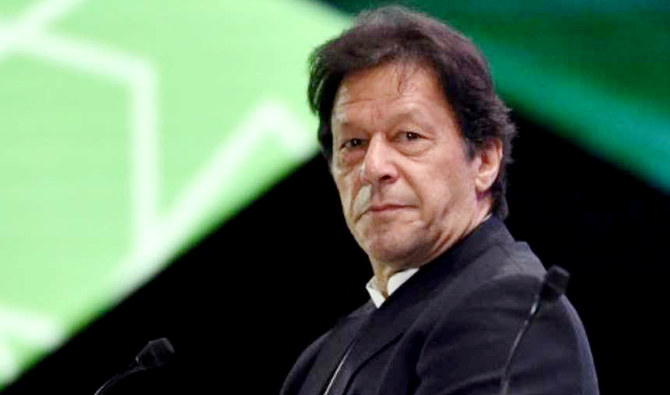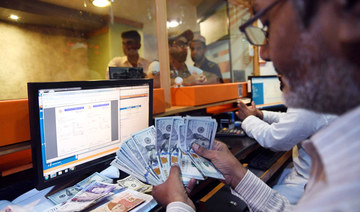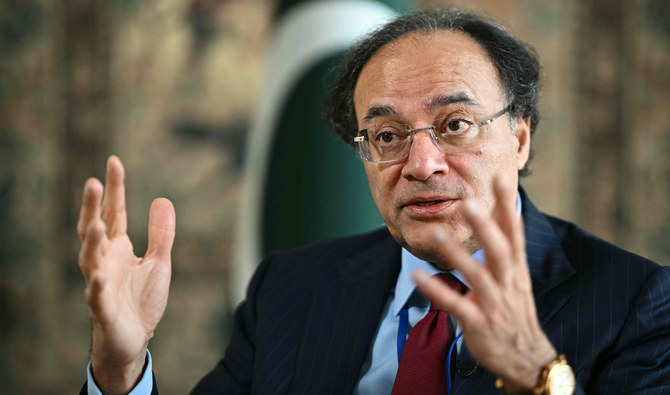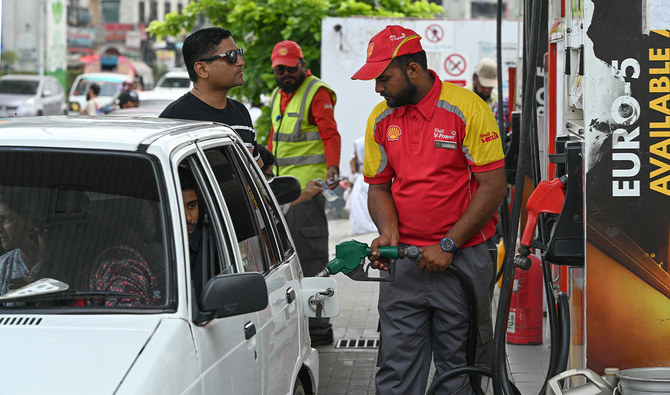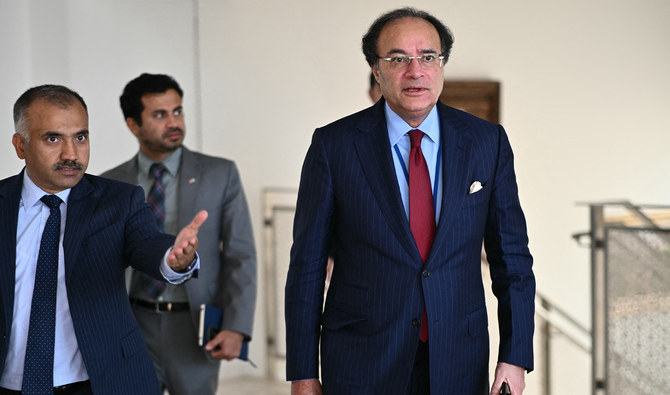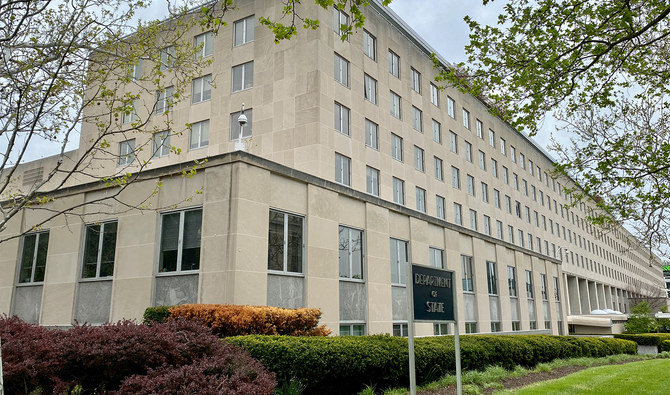ISLAMABAD: Members of Pakistan’s federal cabinet failed to reach a consensus in a meeting on Tuesday chaired by Prime Minister Imran Khan to approve the government’s new Asset Declaration scheme for undeclared local and offshore assets aimed to bait tax evaders, announced Information Minister Fawad Chaudhry.
Speaking to reporters at the PM office to publicly apprise discussions held during the cabinet meeting session, Chaudhry said, “members of the cabinet raised several reservations and concerns over the contours of the amnesty scheme which require further discussion to address issues” without elaborating on the raised apprehensions.
Finance Ministry Spokesman Dr. Khaqan Hassan Najeeb told Arab News, “The amnesty scheme is just being fine-tuned to make it more effective and it will be announced in a day or two.” The Prime Minister has postponed passing the draft which will come under discussion in the next committee meeting on Wednesday Chaudhry said.
“The cabinet has very wisely raised questions on the scheme so that any loopholes that can be exploited should be plugged and not result in an embarrassment to the government," said Naeem Siddique, a former member of Islamabad Chamber of Commerce & Industry (ICCI).
“We are running short of Rs.300 billion in revenue at the moment and if this scheme can fetch Rs.500 billion then it can be successful,” commented Siddique.
Pakistan is struggling to fix its ailing economy faced with a multitude of financial challenges including a decline in tax collection and international pressure to stop inflow of laundered money in to the realty sector.
On Monday, the Ministry of Finance announced that negotiations with the International Monetary Fund (IMF) for a three-year bailout package excepted between $6 to $8 billion had been successful. The loan potentially could help stabilize the country’s economy and ease pressure on the low foreign exchange reserves.
The government anticipates that the addition of an amnesty scheme will help support closing the widening current account deficit gap through tax revenue attracting non-filers from a population of 208 million people of which a small percentage file tax returns.
In the previous tax amnesty scheme announced last year during the Pakistan Muslim League-Nawaz (PML-N) administration, 82,889 people availed the facility and declared foreign assets worth PKR 1,040 billion and domestic assets up to worth PKR 1,460 billion. The scheme was able to fetch a total of PKR 124 billion tax out of which PKR 47 billion was paid on foreign and PKR 77 billion on domestic assets.
The draft document of the 2019 Asset Declaration Scheme, shared with Arab News by Islamabad’s Regional Tax Office, shows comparisons to the previous one, Unnamed Assets, Undeclared Sales/ Production in Sales Tax / FED, and Undisclosed Expenditure will be covered in the new tax amnesty scheme.
Also the tax rate on the Unnamed assets would be 10 percent while Foreign Liquid Assets repatriated would be taxed at 5 percent instead of 2 percent, according to the document's omparison chart.
Speaking on Unnamed Assets, Federation of Pakistan Chamber of Commerce Senior Vice President Dr. Mirza Ikhtiar Baig said that a proposal had been sent to the Prime Minister earlier to decrease the rate of penalty and income tax. He argued that the government should provide some relaxation and flexibility in the mode of payment proposing installments over taxation of undeclared assets particularly real estate.
However, “this should be the last scheme and no more,” said Baig advising that the government should introduce incentives for tax payers which in turn would encourage tax evaders to come under the fold of the country’s tax system.



